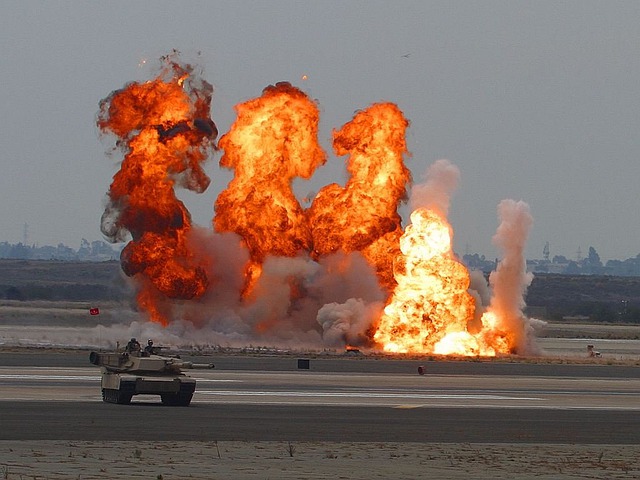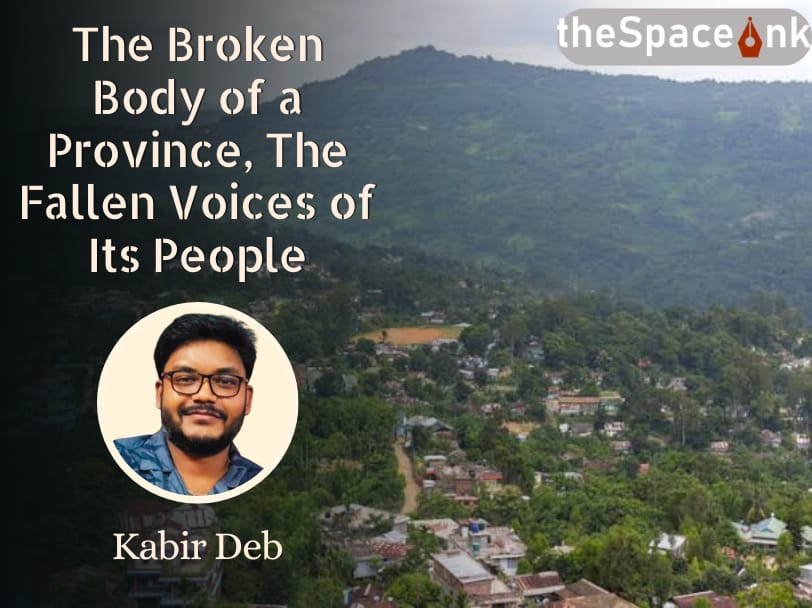From an Historian’s Notebook recap:
Iron Rules of History
Russian Lullaby
The Uses of Exile
Putin & Bengali Cold War
The German social democrat, August Bebel, is supposed to have first used the sentence ‘antisemitism is the socialism of the fools’, in describing antisemitism disguised as anticapitalism. Our version of that phrase would have been ‘anti-Americanism is the socialism of the fools’, for many of the denunciations of the United States’ imperial ventures in various parts of the world in the formative years of our politics could be translated into a virulent anti-American rhetoric in public (often combined with a dissociative blindness to the importance of American consumer culture to our everyday tastes and lives). The users of this rhetoric, a few years later, could be found spread across the political spectrum, from romantic indigenists denouncing ‘western medicine’ – without of course renouncing it – to rabid right-wingers, Muslim-haters, Jew-baiters, and Stalinist nostalgics.
For one brief, shining moment, the United States seemed to really be the beast its enemies made it out to be – the centre of world power, an unchallenged superpower in a unipolar world, capable of fulfilling its imperialist destiny and imperial fantasies without let or hindrance. By now, things have caught up, and terms such as ‘balance of power’ have regained a certain relevance. We are now reliably told that there are three powers to look out for: the USA, China, and more recently, Russia.
For some reason, it was assumed after the end of the Cold War and the break-up of the Soviet Union that Russia would politely refrain from behaving as a great power; as a former superpower with its nuclear arsenal still in existence, it would stay in its own place and merely have its own wars, which interfered with nobody. Chechnya seemed to conform to the US’s interim enemy, ‘global Islam’, which replaced the communist threat after 1991; as late as the Syrian civil war, where Putin’s dress-rehearsal for his European exploits was a wholehearted and violent support for Bashir al-Assad, appeared to matter less because it was ‘out there somewhere’, even if the Syrian refugees did create some impact ‘at home’ in Europe. It was clear, at least as late as when the Crimea was annexed by Russia in 2014, that the once-superpower was at least great again.

And now, Ukraine – a country that somehow found itself as a buffer state between Putin and an expanded NATO, without the protection of either but with the interference of both. Ukrainians might feel rather bemused at having suddenly been greeted as long-lost ‘European’ cousins by those serving democracy slightly thin, while no one seems to really be willing to help them – except arms dealers, who are happy for them to have steady supplies of weapons, if not always really useful ones. On the other hand, there’s a side of Ukrainian ‘patriotism’ that relies on a pro-Nazi and anti-semitic ‘heritage’: this is Putin’s propaganda justification for trying to ‘cleanse’ Ukraine of its Nazis – without much regard for what would happen if more countries marched into other countries trying to clean up their politics. The Ukrainian ultra-right, whether one uses technical and normative terms like ‘fascism’ or not, is small in comparison to many European right-wing parties (the neo-Nazi AfD in Germany has 80 seats in a lower house of 736), for example. The Russian threat has given them unparalleled opportunities to worm their way into an official army. But as confused and well-meaning people from the ‘global south’ or elsewhere run about madly trying to find out whether they should support Ukraine as a potential NATO ally (and the Ukrainian government has already found out that it won’t do them any good to ask to join), or to oppose Ukraine and support Putin because, well, NATO, and of course Putin is the heir to the Soviet Empire, it hasn’t occurred to many, to support the Ukrainian people’s right not to be attacked by a hostile army.
For some reason, it was assumed after the end of the Cold War and the break-up of the Soviet Union that Russia would politely refrain from behaving as a great power; as a former superpower with its nuclear arsenal still in existence, it would stay in its own place and merely have its own wars, which interfered with nobody.
A world of competing imperialisms, if Comrade Lenin’s pamphlet might be turned to again, has been more the norm than a good-guys-get-the-bad-guys argument that the Second World War did so much to bring into being. If NATO is supposed to justify Russia’s search for new imperial conquests, defensible borders, and access to resources, then it has to be on the basis of the old principle that competing imperialist blocs would eventually come into confrontation without quite willing it or deciding the moment, but in a way that they had mutually and collectively predicted. To support Russia on the basis of their opposing NATO is to cynically play a moralist’s parlour game while ordinary people, Ukrainians of course, but also a Russian army that is overwhelmingly young, badly trained, and not even informed about where they are going and what they will be doing once they get there, are killed. There’s nothing more European than that, of course; and in this sense, Russia and NATO are on the same page. Ukraine is a slightly-too-large pawn to sacrifice, as we shall find out in the prices of what we try to eat in the weeks and months to come.
Images courtesy: Pixabay
Benjamin Zachariah works at the Georg Eckert Institute for Educational Media in Braunschweig, and with the project on the contemporary history of historiography at the University of Trier. He was trained in the discipline of history in the last decade of the previous century. After an uneventful beginning to a perfectly normal academic career, he began to take an interest in the importance of history outside the circle of professional historians, and the destruction of the profession by the profession. He is interested in the writing and teaching of history and the place of history in the public domain.








